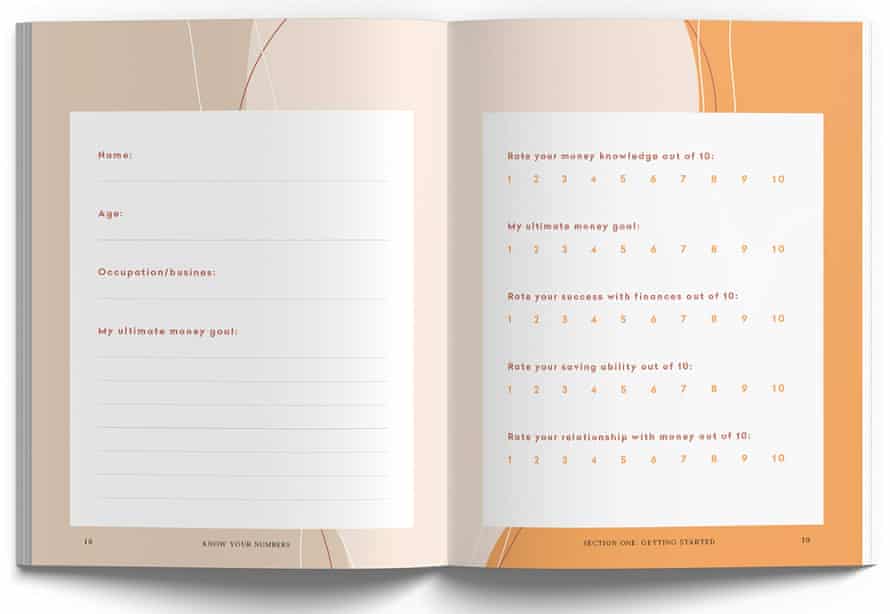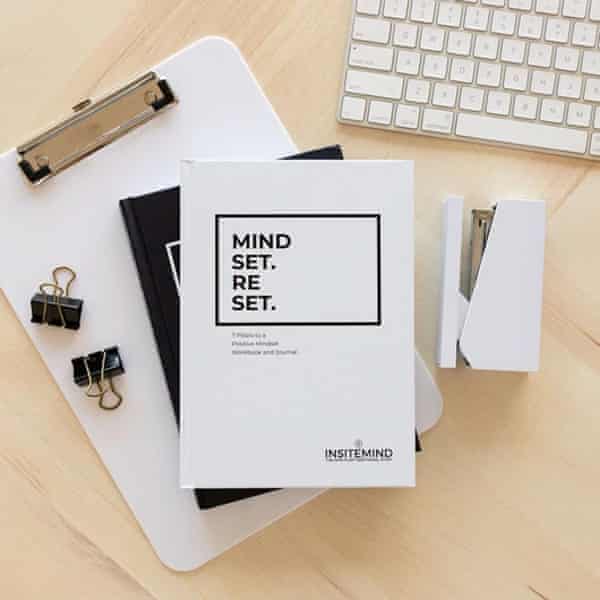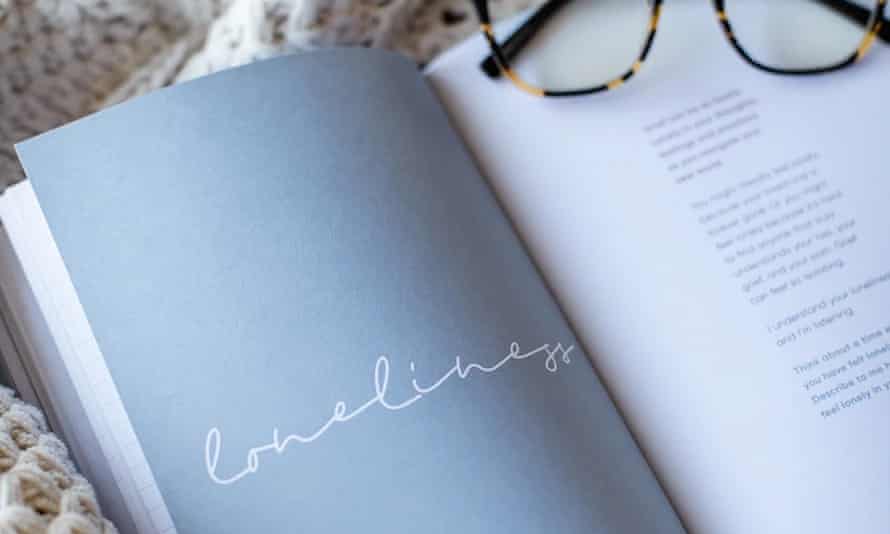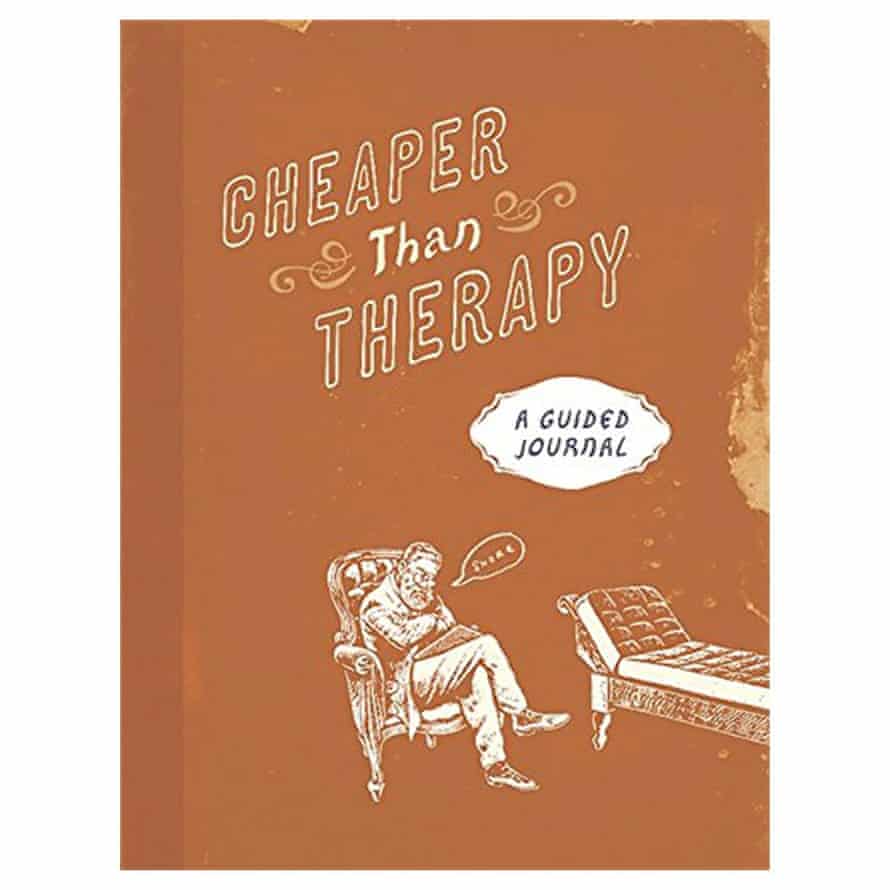Messy? Unproductive? Need to dismantle your privilege? There’s a guided journal for that
From tough love titles to budgeting manuals, guided journals are no longer the domain of niche and self-help publishers. Jenny Valentish puts some to the test
The pleasure of watching a streak of positive habits accumulating on a whiteboard has become almost a dependency for me. So much so, I debated packing it in my suitcase for a short trip away.
But the humble whiteboard has a more portable, sophisticated upgrade: the guided journal. A few years ago I thought the trajectory of these workbooks – designed to probe or organise different facets of your behaviour or health – had probably peaked.
Back then, deluxe hardbacks lined the shelves of stylish stationery chains (Kikki K favoured own-brand pastel numbers: Happy, Thrive, Dream Life), while Urban Outfitters displayed quirky titles (Moon Journal, My Adorable Cat) from the lineage of Keri Smith’s 2007 Wreck This Journal in the gift section, alongside moustache mugs and line-drawn temporary tattoos.

But the upswing is far from over, and the scope has become ever broader. There are journals designed to delve deeply into hobbies, or straighten out specific personality kinks. Some favour style over substance – expensive hardbacks with minimal prompts – while others offer a wealth of theory between exercises.
Bianca Jafari is a product development executive at Thames and Hudson, focusing on gift products: puzzles, stationery, games and, in the pipeline, guided journals.
She says journals are no longer just the domain of niche or self-help publishers. The bigger publishing houses are basing journals on their bestsellers, such as Mark Manson’s The Subtle Art of Not Giving a F*ck Journal (HarperCollins) and Michelle Obama’s Becoming: A Guided Journal for Discovering Your Voice (Penguin).

“Producing a guided journal is a no-brainer because they can use content that they already have,” says Jafari. “For example, the Michelle Obama journal is a big win for Penguin because they already own the images. They’ve already got data that says that the content is a bestseller. There’s already an audience that exists.”
That’s all well and good for the publishers, but can guided journals really live past the punter’s first flush of good intentions, or are they destined to be abandoned as quickly as a teenage girl sets aside the diary she received for Christmas, into which she poured her New Year resolutions?
I decided to try a few.
Journals to clean up specific areas of your life
“Some journals are interest-based to help you practise a craft, like astrology, or manage your veganism or gardening,” says Jafari.
Since none of those are areas of concern for me, I unearthed some that are applicable to many of us as a new year begins.
Collective Hub, from Australian publisher Lisa Messenger, puts out books and journals aimed at entrepreneurs. Know Your Numbers is one such product – a chunky hardback that works hard for the money with budget templates, saving tips, start-up launch advice and income tracking tables.
Several publishers offer journals dedicated to going alcohol-free, including Sober As F*** (based on Sarah Ordo’s memoir); the 90-day journal Dear Alcohol, I’m Breaking Up With You and the Alcohol Experiment Journal, based on the bestselling book This Naked Mind by Annie Grace.
I tried the Declutter Challenge (Mango Publishing) by Cassandra Aarssen, which suggests you “Namast’ay home this weekend and declutter some junk”. Cynics will say this paperback isn’t helping by adding to your hoarding, but Aarssen does actually invite you to bin it, on the final (120th) page.
Her “30 quick steps” to organising your home draw on mindfulness, visualisation and gratitude. As a way to avoid the long-overdue pruning of my garden hedges, I list “six awesome things about decluttering my home” and draw the things in my lounge-room that make me the happiest in the cartoon picture frames provided. I do chuck some things from the drawers into a box in the car port, but a few days later it’s Christmas Day and I receive a whole variety of future landfill. Then the Declutter Challenge joins the teetering pile of journals on my desk, presumably for ever.
Goal-oriented journals
The line between habit-tracking books, such as bullet journals (which focus on to-do lists, logging completed tasks, and the steps towards achieving various-sized goals) and guided journals has blurred to near indistinction.
“Many people associate habit trackers with the new year and downloading a few apps and promising to drink more water,” says Jafari. She believes that they are satisfying, but that commitment to a guided journal is “more special”.
“You can sit with it over enough time to block everything else out … and you pour yourself into it.”
One such hybrid is the Australian creation The Resilience Agenda, a “mental fitness diary” that provides strategies for achieving said fitness; though your main task is to identify each day’s three top priorities to help you reach your goals.

James Clear’s bestselling Atomic Habits has been turned into the Clear Habit Journal; while Adelaide United’s football club captain Stefan Mauk has created the Inner Game, to help athletes with goal monitoring and preparation.
I tried out Mindset. Reset, from Perth-based finance professional turned life coach Alisa Pettit. Promising to focus on “the non-fluff emotional stuff”, she’s delivered a generous amount of theory among the exercises. There’s still plenty of scribbling to do, and I find this the most productive journal yet.
I look at the hierarchy of 10 areas of my life and find I’m tanking on “spirituality” and “community”. I’m encouraged to analyse how blame, justification and lack of responsibility have so far scuppered my goals. Then there’s the goal-setting itself.
Pettit has designed three contracts that you can stick to the mirror, based on your short-term, middle-term and long-term goals. Mine are choreographing a pole-dance routine by February; developing an open mic comedy set in three months and entering a bodybuilding competition within 12 months. Serendipitously, I see they could all feed into one another.
Tough-love journals

Finally, there are the journals that go for the jugular, either suggesting urgent reflection is needed – such as with Me and White Supremacy by Layla Saad – or tackling tough topics, such as Grief, A Guided Journal by Australian marriage celebrant Jo Betz, written after she lost her husband, and Susan Buniva’s Successful Co-Parenting with a Toxic Ex.
“These are quite different to the self-help journals, because they’re quite intrusive,” says Jafari. “Like the Judgement Detox Journal [by Gabrielle Bernstein], which asks, ‘Why do I feel the need to judge, and what happened in my own life that makes me confident to judge someone else?’”

I tried Cheaper Than Therapy (Running Press), to which no author is credited, unless you include the nods to Freud and Jung. Inside are Rorschach inkblot tests, dream analysis, word association tests and methods to actualise your worst self, and 120 prompts, hopping from the distant past, to the past week, to your general psyche. As the foreword says, none of this is to be taken “super-seriously”.
I decide this journal might be a good vehicle to tackle my pornography use (very healthy or very unhealthy, depending on how you look at it), via prompts such as “Do you feel worthy of scorn? Why or why not?” and “What’s your sexual fantasy? OK. Now tell me the real one? What do you think that means?” as well as the quiz “How psychosexual are you?” (“Do you ever pee yourself a little?” “Do you relentlessly chew gum?”).
The answers are enlightening but, obviously, are to remain as closely guarded as my search engine results.
Source: TheGuardian
